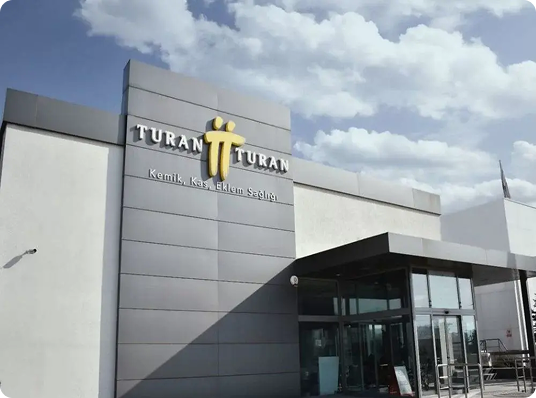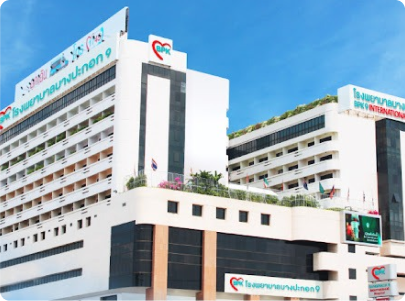ALS (Amyotrophic Lateral Sclerosis or Lou Gehrigs Disease)
Through the application of ALS (Amyotrophic Lateral Sclerosis or Lou Gehrigs Disease), healthcare providers are able to address complex medical conditions with precision, utilizing the latest advancements in technology and evidence-based practices.
Get Expert Consultation
Speak with our medical travel experts to get personalized guidance for your procedure
✓ No commitment required • ✓ Expert guidance • ✓ Free consultation

Book Your Free Medical Consultation
Get expert advice—free and easy. Just fill out the form to start your health journey!
Key-Insights for
ALS (Amyotrophic Lateral Sclerosis or Lou Gehrigs Disease)
Procedure Time
The procedure typically takes several hours to complete.
Recovery Period
Patients can expect a full recovery within a few days, with some fatigue possible for up to two weeks.
Expected Results
The procedure aims to reduce symptoms such as muscle weakness, numbness, and loss of motor function, improving overall quality of life.
Ideal Candidates
Ideal candidates are individuals diagnosed with amyotrophic lateral sclerosis (ALS) and seeking symptom management or slowing disease progression.
ALS (Amyotrophic Lateral Sclerosis or Lou Gehrigs Disease)
Through the application of ALS (Amyotrophic Lateral Sclerosis or Lou Gehrigs Disease), healthcare providers are able to address complex medical conditions with precision, utilizing the latest advancements in technology and evidence-based practices.

People seek these procedures for various reasons:
Aesthetic Enhancement
Reduce muscle weakness and numbness
Corrective Purposes
Slow down ALS progression
Functional Restoration
Improve overall quality of life
Things to Check Before Treatment
- •Consult your doctor about any medications you're taking that may affect the procedure or recovery
- •Disclose any medical conditions, such as muscle weakness or fatigue, that could impact the outcome
- •Review your medical history to ensure there are no contraindications for the procedure
- •Confirm with your doctor if you have any metal implants or devices that may interfere with the surgery
- •Understand the anesthesia options and discuss any concerns with your anesthesiologist
Potential Risks
- •Respiratory failure, which can occur due to muscle weakness in the diaphragm and surrounding muscles
- •Swallowing difficulties or aspiration pneumonia, particularly if the procedure affects the throat and respiratory muscles
- •Loss of mobility and independence as the disease progresses
- •Increased risk of falls and injuries related to muscle weakness and loss of coordination
- •Emotional distress and depression due to the progressive nature of the condition
How to Choose the Right Country, Clinic, and Surgeon
Do's
Verify surgeon credentials (e.g. ISAPS, JPRAS)
Ask for before-after photos
Check language barriers
Review aftercare and follow-up options
Consider local laws on medical malpractice
Don'ts
Don't Choose a Clinic Based Only on Price
Don't Rely Solely on Social Media or Influencers
Don't Ignore Language Barriers
Don't Rush Into Surgery Without Research
Don't Assume You Can Fly Back Immediately
CureMeAbroad Services Are Absolutely Free.
You pay same rates for treatments as in the hospital's original price list.
CureMeAbroad Services Are Absolutely Free.
You pay same rates for treatments as in the hospital's original price list.


Book Your Free Medical Consultation
Get expert advice—free and easy. Just fill out the form to start your health journey!
ALS (Amyotrophic Lateral Sclerosis or Lou Gehrigs Disease)
Frequently Asked Questions
This procedure involves specific medical techniques tailored to address particular health conditions. Your doctor will explain the detailed process based on your case.

Help Me Plan My Treatment Abroad
End to End Treatment Planning Specifically curated as per your need. Just a Call away


Help Me Plan My Treatment Abroad
End to End Treatment Planning Specifically curated as per your need. Just a Call away


Book Your Free Medical Consultation
Get expert advice—free and easy. Just fill out the form to start your health journey!



